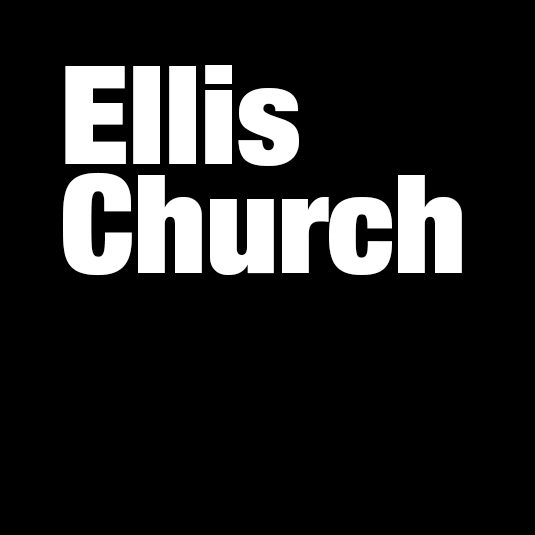It is estimated that there are now somewhere in the region of 2.7M landlords in the UK, and the expectation is that this number will continue to grow.
The fastest area of growth in the Buy-to-Let market is in the HMO sector.
The UK Government defines an HMO as one whereby:
- At least three (3) tenants live in the property, forming more than 1 household
- Tenants share toilet, bathroom and/or kitchen facilities with the other tenants
- Each tenant has their own secure bedroom
HMO properties are extremely popular with both landlords and tenants.
The landlord can increase the income generated from the property by renting it by room rather than as a whole. The tenant is able to live in a property or area that they could not normally afford, by sharing the amenities and running costs with the other tenants.
[elementor-template id=”2107″]
